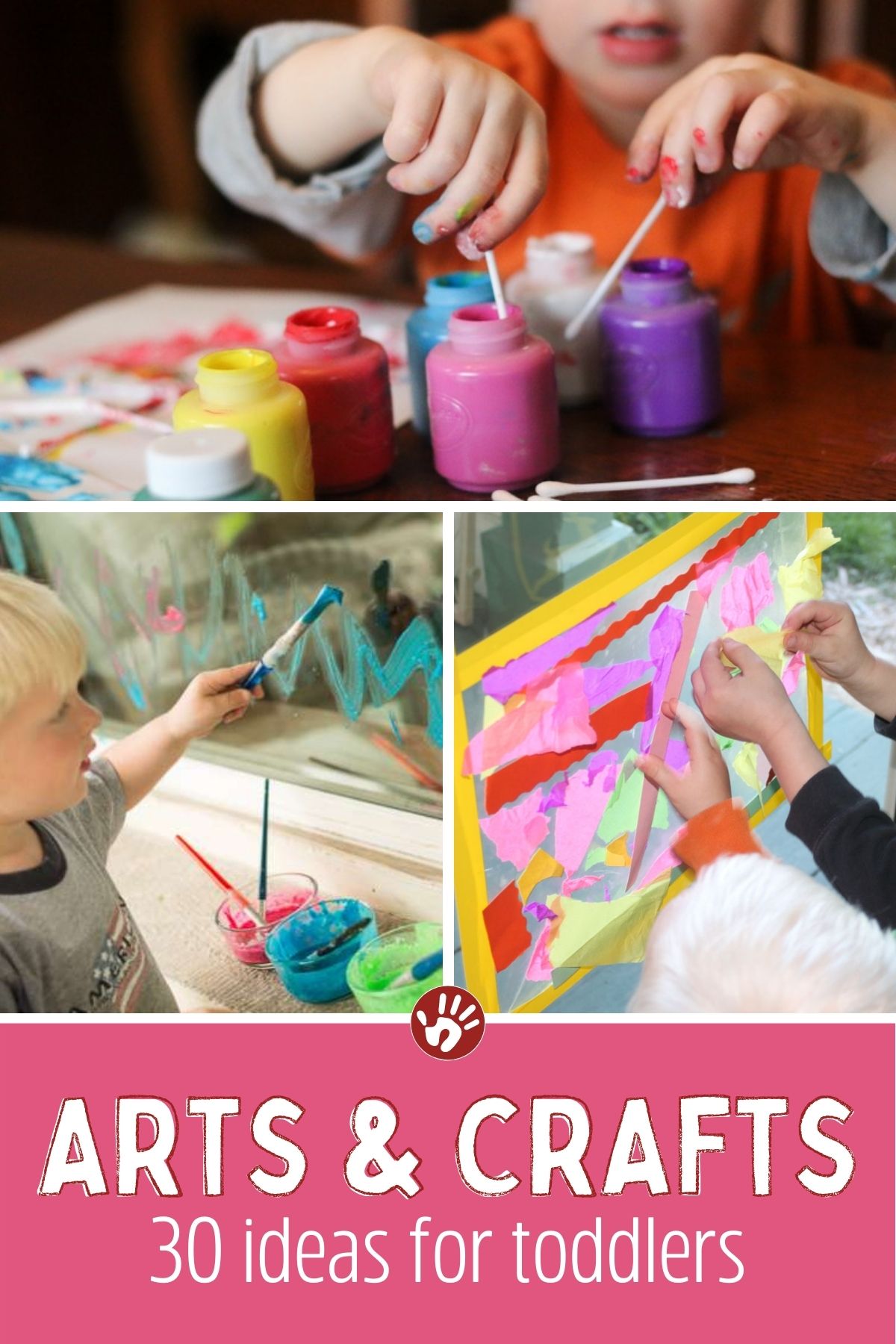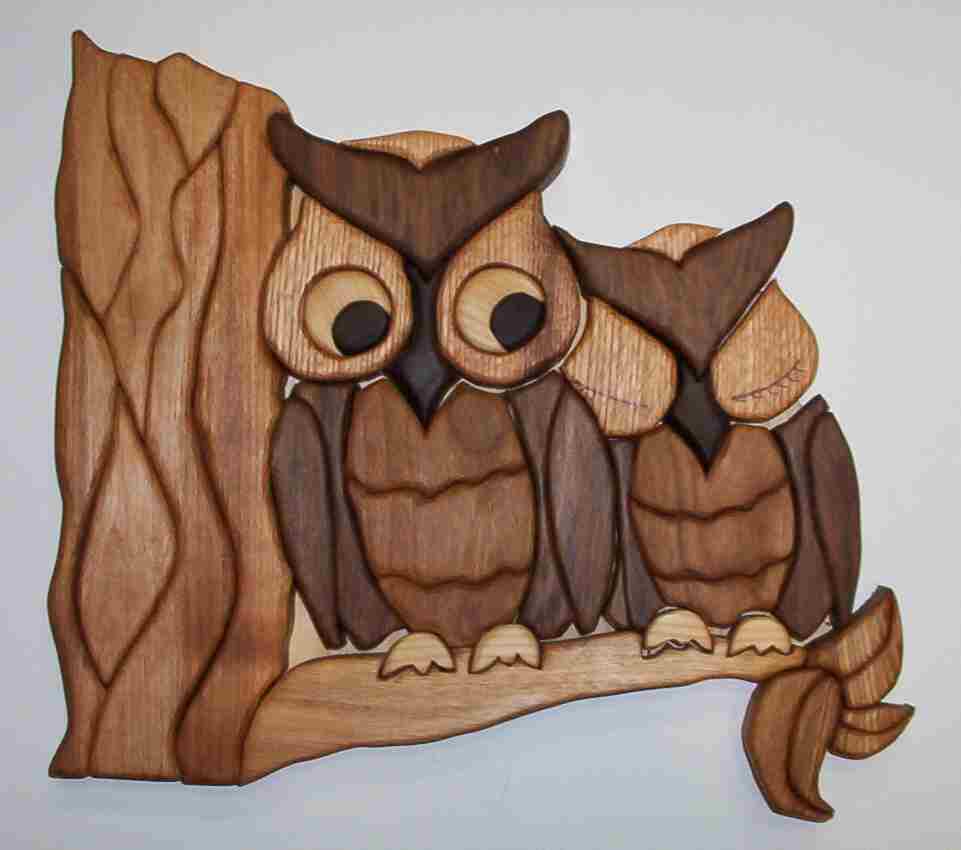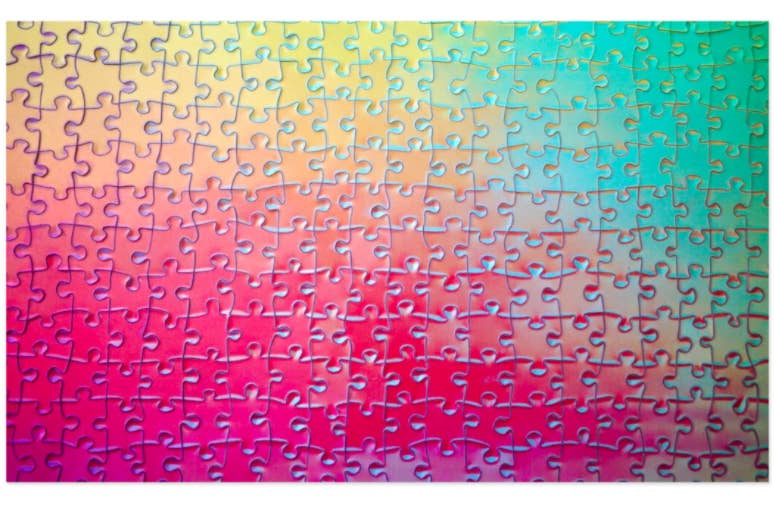
Puzzles are a great way to improve hand-eye coordination. Puzzles improve hand eye coordination as well as spatial perception skills and problem-solving skills. Best of all, they teach kids new things. Continue reading to find out more about puzzles and how you can make them more educational and fun for your kids. We will be discussing three important benefits of puzzles in this article. These are only a few.
Puzzles improve handeye coordination
Children who enjoy puzzles develop hand-eye coordination. This is because their hands and eyes must cooperate. These skills help the brain perform actions such as writing and walking. These skills are essential for their future skills such as problem solving and problem-solving. They also learn fine motor skills like pinching, glueing, picking up, and other tasks.
Children can learn to manage their time and organize large tasks by solving puzzles. For instance, they learn to sort pieces by shape, starting from the edges. This step-by–step approach teaches patience as well as the feeling of satisfaction when the last piece is arranged. This skill is important for later success, especially in school. The process of puzzle playing also helps children to develop important social skills, such as cooperation and communication.

They increase problem-solving abilities
Some puzzles may help you develop problem-solving abilities, while others are more fun. Puzzles can benefit your child's overall development, regardless of what they enjoy. In fact, some research suggests that puzzles can improve your child's critical thinking and build logical reasoning. Puzzles can be fun and help your child to learn how to work in a group. These are three reasons puzzles make a great choice to young children.
Children are learning shapes, colors and patterns while they play with puzzles. Children improve their cognitive development and build their vocabulary by sorting, applying and combining this knowledge. They will be able to use these skills to interact and understand their environment. And while they're at it, they'll learn to cooperate with other kids and communicate their strategies with each other.
They enhance spatial perception
Puzzles are a great way to help children develop spatial awareness. It is not clear exactly how. Some studies have suggested that puzzles aid spatial thinking. Others have found no such link. However, they found that puzzle-playing children for longer periods of time is more likely to develop spatial reasoning skills. And some of these benefits may be attributed to attention, in which the child has trouble shifting and sustained attention.
The new study found that boys engage more in spatial play than girls. These activities include board games, puzzles, blocks and puzzles. The exact mechanism of spatial reasoning is still being studied. This finding may have implications not only for educators but also parents and the toy sector. However, they warn that further research must be done before any conclusions can yet be drawn. It is important to continue research in order to find the most effective educational strategy for children.

They teach children new things.
Puzzles are an excellent way to teach children new things, and there are plenty of educational benefits to be gained. Puzzles develop problem-solving skills as children strategize to fit pieces together. Puzzles teach children how to quickly make decisions and use their observational skills. Puzzles can be a fun activity for children who are interested in learning new things. Here are some positive benefits to puzzles for kids. Find out how puzzles are helping kids learn new things by reading on!
It is important that your child has good cognitive skills for reading, math, and other subjects. Puzzles allow children to discover new shapes, animals, or themes. These skills can be useful in any subject and puzzles are a great way for them to be developed. Children learn to recognize patterns through repetition, which helps them build confidence. Puzzles are a great way for families to have fun together. Family bonding can be fostered by simple games such as solving riddles or racing through mazes.
FAQ
How do I find a hobby that interests me?
You might feel as though you don't have a choice when you first start your quest for a hobby.
You're likely thinking, "I can't be very artistic" or "I have no idea what I'm doing."
You probably have plenty of experience and knowledge to use when you are looking for hobbies.
It's not that you don’t realize it yet.
Take a look at the contents of your home. How much stuff do you own?
Are there any toys that you don't use anymore?
Perhaps you have a collection.
You might have always wanted the ability to cook.
Maybe you want to get back into playing the guitar.
Whatever your hobby, it's possible to make it a hobby.
The secret is to remember that you already have plenty to draw on.
And once you do, you'll be able to pick out a hobby that fits right into your lifestyle.
What is a hobby for kids?
For kids, a hobby can be any activity that they are interested in doing as part of their everyday routine. Some kids like to build things, draw, paint, write, or play with toys.
Many parents worry that their kids will get into trouble when they're free to do what they want. It is not true. If your child is safe and doesn't cause harm to themselves or anyone else, they won't get into trouble.
It's important to remember that just because they like to do something doesn't mean that they'll always choose to do it. If they don't like writing but love drawing, they might choose to draw images instead.
There are lots of different types of hobbies out there, so it's really up to you to pick one that you enjoy most.
What are some good hobby ideas?
Hobby Ideas for those who love to teach and learn.
Hobbies can allow you to be creative and have fun while learning.
Although there are many hobbies to choose from, they all share some common characteristics. They are usually enjoyable activities that don't require a lot of effort and can be very economical.
They often involve helping others, such as teaching an instrument to someone or building an airplane model.
You might not think about yourself as a teacher, but chances are there's something you could do to help someone else learn.
If you're looking for more creativity in your life, think about starting a hobby so you can share your talents with others.
What are some enjoyable hobbies for seniors
Senior citizens should have fun activities that they enjoy doing. Active seniors should take up sports and other physical activities.
They may be interested in joining clubs to find people with similar interests. They will feel less lonely as their age.
Senior citizens need to be aware of the latest trends. For example, they could follow fashion, art, music, literature, politics, etc.
Which hobbies are most in demand right now?
Popularity is not always a positive thing. Popularity can often be used to excuse mediocrity. Most people don't have the time or energy to pursue their hobbies. They are too busy working to make ends meet. What should you do when you don't have much time? You could start a business.
But it's not an easy task. It takes a lot of work to make your dream a reality.
A hobby is a great option if you're looking to do something different than run a business.
Hobbies can be more than just creative pursuits. There are many different kinds of hobbies available. Here are some examples:
-
Gardening
-
Cooking
-
Photography
-
Reading
Why do we need hobbies?
Hobbies play an integral part in our lives. It allows us to unwind and recharge, think creatively, exercise, socialize, have fun, and allow us to enjoy life. Hobbies offer opportunities to develop new skills as well as life-long interests.
Hobbies are a way to find meaning and purpose.
These can often be a great way to get some extra time while you have nothing else.
They are fun!
If you don't find time for hobbies, it's likely that you don't have enough time for any other activities.
So take a look at all the options available to you. Start a hobby today, if you don’t have one already!
Statistics
- Almost 80% of people claim to have no hobby. (hobbylark.com)
- The intensity of the dialogue partners' bond at the end of the forty-five-minute vulnerability interaction was rated as closer than the closest relationship in the lives of 30 percent of similar students. (time.com)
- A new survey by Pew Research Center of teens ages 13 to 17 finds that 36% of girls feel tense or nervous about their day every day; 23% of boys say the same. (pewresearch.org)
- Much of this decline reflects the fact that teens are less likely to work today than in the past; among employed teens, the amount of time spent working is not much different now than it was around 2005. (pewresearch.org)
- The Role of the Mind in Sex, Dating, and Love: Men in the “humor” condition received phone numbers from 42.9% of the female participants and were refused 57.1% of the time. (time.com)
External Links
How To
How to find the right hobby for you
Ask yourself some questions to find out if your hobby is right.
-
Do I enjoy doing it?
-
Do I get pleasure from it?
-
Is this something I'd like to do even as I age?
-
Do I have any skills?
-
Can I improve?
-
Would you recommend it to others?
-
Is it going to bring me happiness?
-
Do you think it will allow me to relax?
-
Do I feel better?
-
It will teach me skills I can use later on in my life.
-
Is it possible to make new friends?
-
Can I express my creativity through it?
-
Are there any opportunities for me to learn?
-
Is it going to give me the confidence?
-
It will give me a feeling of achievement.
-
It could lead to financial success.
-
Will it allow me travel?
-
Can it enable me to visit new places?
-
Do you think it will motivate me to exercise?
-
Do you think it will motivate me to do better?
-
It will it motivate you to succeed?
-
It will involve me in activities I would not normally consider?
-
Is it up to me?
-
Will it be exciting?
-
Will it keep me fit?
-
Is it possible to save money?
-
It will it lower stress levels?
-
Will it prevent boredom?
-
What will it do for me?